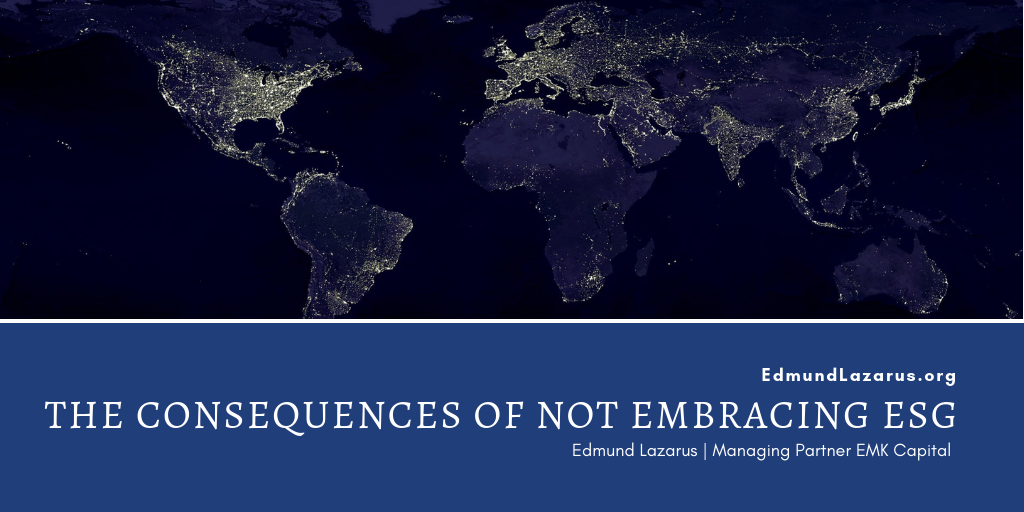It may appear on the surface that ESG is a liability rather than an advantage for businesses. ESG refers to the environmental, social, and governmental impact of a company’s’ activities. These can be potentially sweeping in scope and cover everything from working conditions and gender equality to pollution and waste policies to ethical protocol and the wage gap between executives and lower ranking staff. Implementing ESG policies is expensive, but neglecting them can be even more costly in the long term.
The simple fact is that investors are now paying more attention to the long term profitability of businesses. Where the demand to meet quarterly demands once governed a business’ success, major investors like Vanguard and BlackRock are now carefully scrutinizing a business’ feasibility years or even decades down the line. These investors recognize that issues like gender parity and environmental risk mitigation is essential for a company to continue staying in the black, and they’re less inclined to support companies that are willing to strip-mine assets for the sake of a quick buck.
Mitigating potential problems in the future is one of the major reasons why ESG can be such an important investment. While a company that cuts corners for the sake of a better return may seem more feasible in the short term, investors also have to take into account the cost of potential disaster. Whether that takes the form of an environmental crisis or on-site injuries, businesses that invest in ESG are better equipped to prepare for the worst.
There’s also the matter of reputation to consider. The millennial generation is more interested than ever before on associating with businesses that prescribe to transparent policy that’s committed to the greater good of the communities surrounding them and the world at large. While sustainable models may be more expensive, they boost support in the court of public opinion, and a strong brand identity can have a major impact on a company’s long term profitability.
ESG can also create greater productivity within the workforce. A company with a culture that nurtures the needs of its staff and unifies them behind a worthwhile goal is more likely to squeeze the most creativity out of its employees while also being better positioned to recruit the best talent. Together, all of these benefits combine to create healthier and more sustainable businesses. The fact that ESG-focused businesses are enriching the world around them is just icing on the cake.

